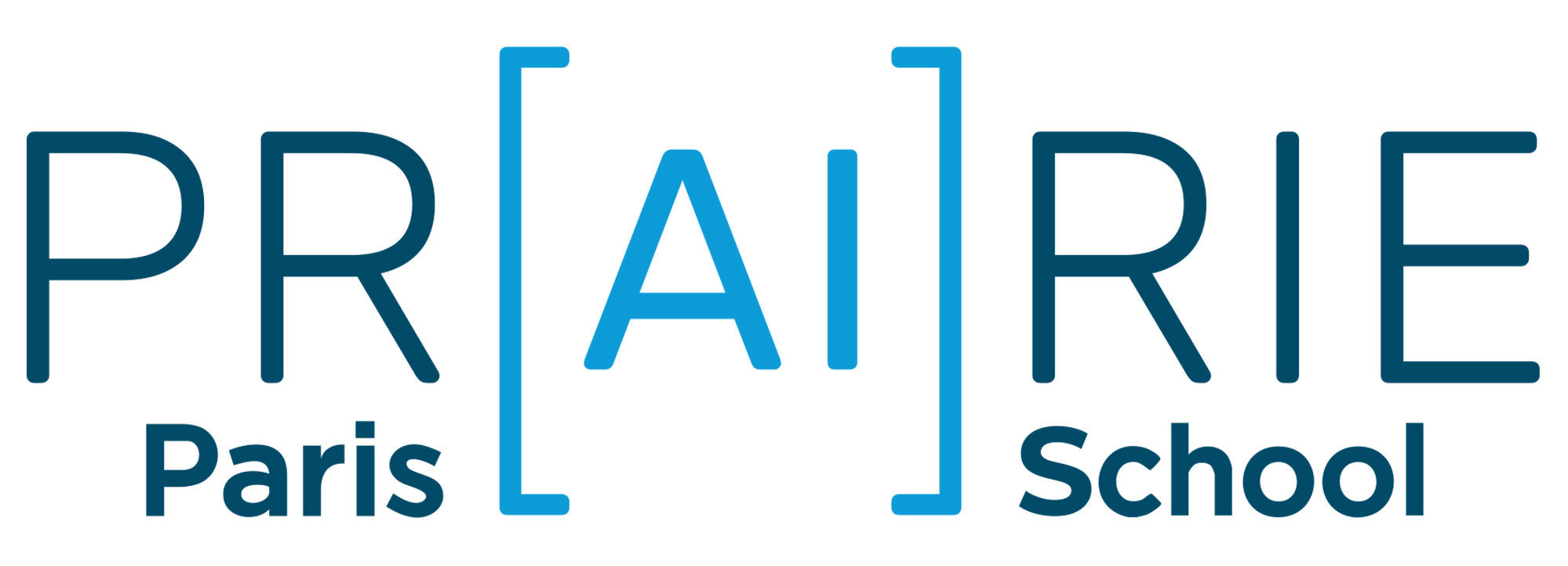Project Leader : Francesca MUSIANI

Short bio
Dr. Francesca Musiani is Associate Research Professor at the French National Center for Scientific Research (CNRS). She is Deputy Director of the Center for Internet and Society of CNRS, which she co-founded in 2019. She is also an associate researcher at the Center for the sociology of innovation (i3/MINES ParisTech) and a Global Fellow at the Internet Governance Lab, American University in Washington, DC.
Francesca is the author, with Ksenia Ermoshina, of Concealing for Freedom: The Making of Encryption, Secure Messaging and Digital Liberties (April 2022, Mattering Press), and (co-)author and editor of numerous other articles and books. She is vice-president for research of Internet Society France, has collaborated with the French Parliament (2014-2015) and the French Council for Audiovisual Media (2015-2018), and is the recent co-author of a study on Internet fragmentation for the European Parliament (2022).
Twitter: @franmusiani
francesca.musiani [at] cnrs.fr
Project abstract
AI AT THE SERVICE OF PUBLIC ACTION. SOCIOTECHNICAL IMAGINARIES AND DEVICES OF “ALGORITHMIC DECISION-MAKING”
This research project aims to analyze the sociotechnical imaginaries and tools of “algorithmic decision-making”, a notion explicitly anchored in objectivity, automation, optimization and calculation, in the context of public action. This project will proceed in two stages. We first intend to study the different sources and forms of “algorithmic decision-making” as specific control technologies. We will then focus on current debates and recent developments in “algorithmic decision-making” related to the technological and industrial development of artificial intelligence, as well as its various applications in the public domain in France. To do this, we will study the ecosystem of the digital state and producers of algorithmic decision-making devices, as well as a series of specific examples of their use by administrations and public services. We will be particularly interested in the normative visions and the structuring of new “sciences of government” (AI, machine learning, behavioral sciences) centered on the engineering of behaviors in their relationship to the sociotechnical imaginaries and the practical devices of “instrumentarian” power that are currently emerging.
Collaborators in the project
Olessia KIRTCHIK
Dr. Olessia Kirtchik obtained a doctoral degree in sociology from the School of Advanced Studies in Social Sciences (EHESS) in Paris in 2007. In 2008-2011, she taught sociology at the Moscow School of Social and Economic Sciences (MSSES), and in 2009-2022, she was employed by the Higher School of Economics (HSE) in Moscow. As a principal researcher at HSE, she coordinated collective research projects on social history of mathematical economics and economic cybernetics in the Soviet Union during the Cold war, on “algorithmic rationality” and on the State planning committee during the late Soviet period. Her current research interests include the relations between SHS and artificial intelligence, and the role of digital technologies in the evolution of governance and public action.
